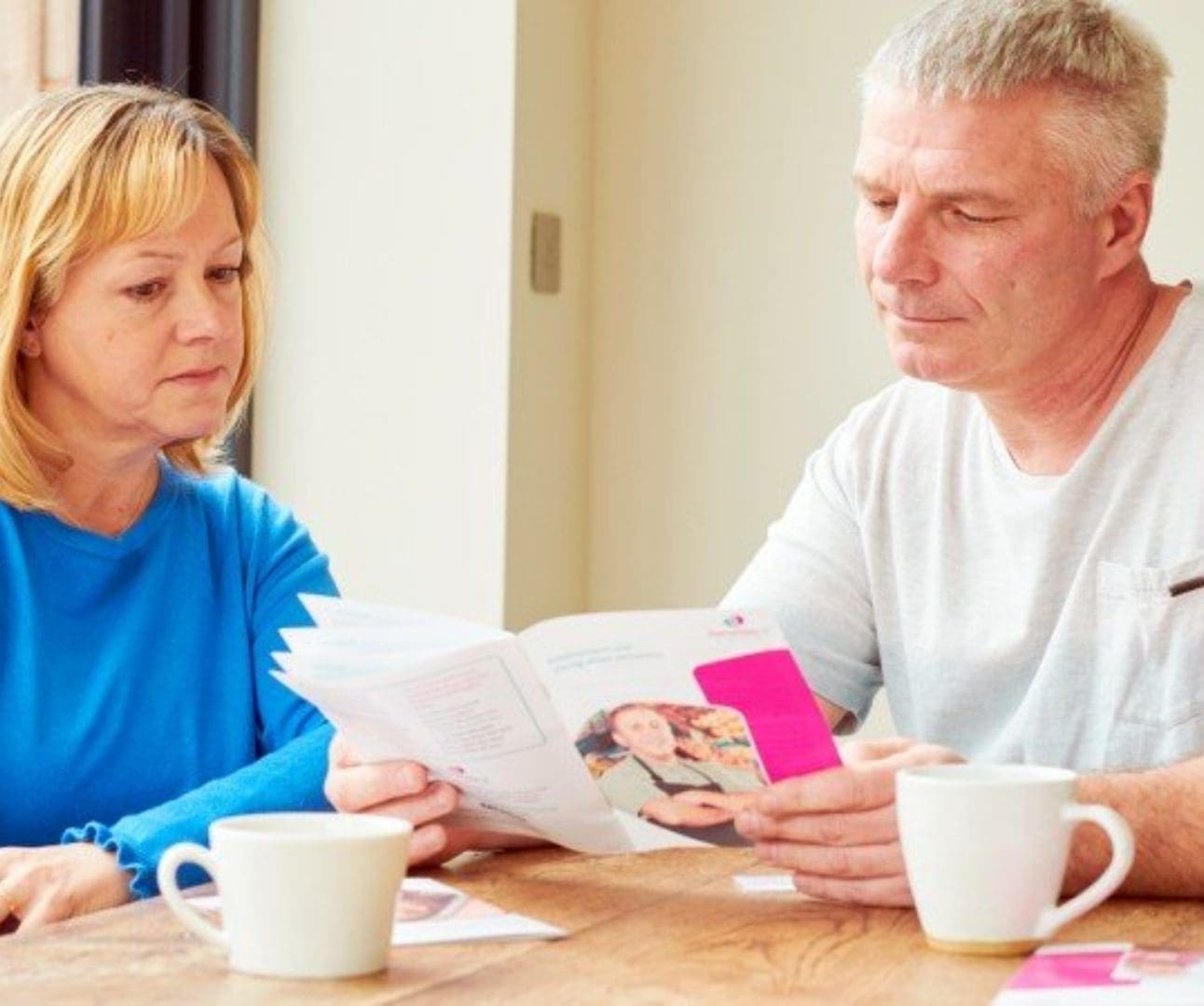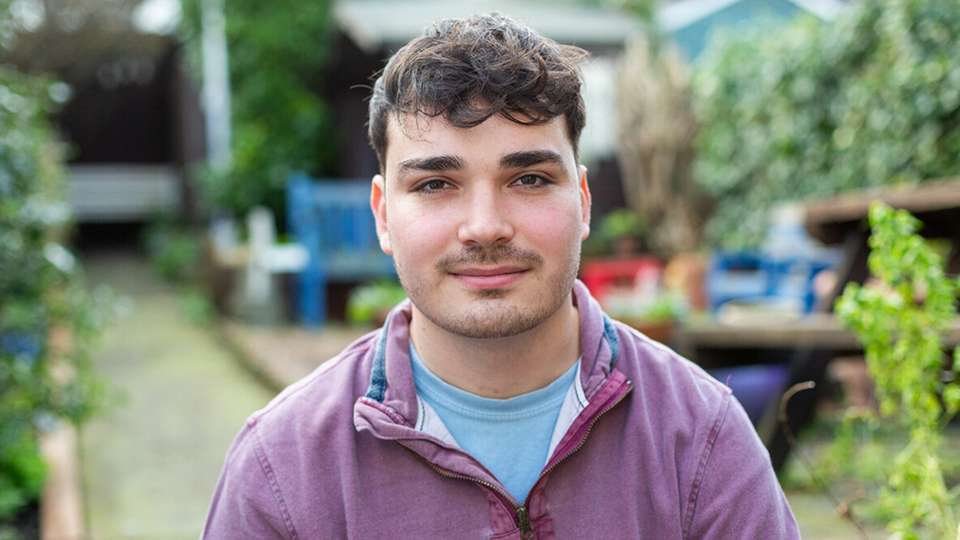
Navigating the pressures of being a young carer
Admiral Nurse Lizzie Harrison provides support strategies for young people caring for someone with dementia.

Thea Sobers is a Research Assistant at Dementia UK. Her past work has focused on overcoming barriers to dementia support for Black, African and Caribbean communities.
I have always been interested in supporting the needs of diverse communities. Since moving to the UK at 18, I have seen many parallels between my home country, Barbados, and the UK in reluctance to seek professional help, and barriers to care. These similarities encouraged me to pursue a career in mental health.
Prior to joining Dementia UK, I worked supporting children and adolescent mental health in education, on research projects focused on substance abuse within the Caribbean community, and most recently as a Research Assistant investigating how minority ethnic groups perceive and engage with dementia services.
Dementia rates are 20% higher among Black adults compared to the UK average. Currently around 25,000 people from ethnic minority communities are living with dementia and as the UK population ages, this number is expected to steadily increase.
While I’m still early in my research career, I’m driven to better understand how we reach diverse communities in a meaningful way. I’ve always been a big proponent of understanding the problem before jumping to conclusions about the solution. To do this, we need to work with these communities. We need to listen. This is where research comes in.
In research into dementia services among Black and minority ethnic communities, we found that a range of barriers prevent people from seeking timely support. One of those barriers is a lack of culturally tailored care. People may reach out for these services, but when their cultural needs aren’t met, they’re likely to disengage. If services aren’t available in your language, or don’t fit in with your cultural norms, it’s hardly surprising that people turn away.
Consider the memory tests often conducted prior to a dementia diagnosis. If these tests are solely designed for people born in the UK with English as their first language, they’re not catering to a large subset of the population for whom this isn’t the case.
Or consider the monumental decision so many families face about moving a loved one into residential care. Within Black, African and Caribbean communities, there is a huge emphasis on the importance of family and care and staying together, and so the conversation about full-time care has to be handled especially sensitively.
It’s important to acknowledge that many people from diverse communities may have a strained relationship with the healthcare system. Previous negative experiences, whether they be discrimination or racism, have a big impact on likelihood of a person using these services again.
Fear of institutionalisation can be a big factor too. There is a genuine worry that coming forward with symptoms may mean the person’s independence will be taken from them.
There are also barriers that exist prior to support services coming into the picture. An issue that can be culturally rooted in Black, African and Caribbean communities is the association between dementia and being ‘crazy’ or ‘mad’, because of the way that mental health concerns are viewed. This can stop people from seeking medical support when symptoms first appear. It can also mean not talking about dementia at all.
Unfortunately, many people in these communities question the very existence of conditions like dementia. Challenging these notions and building understanding of the condition in a culturally meaningful way is important.
When it comes to Black, African and Caribbean communities and dementia care, the word that is so often thrown around is ‘stigma’. I think it’s important not to use this term as an umbrella term that covers the wide range of issues I mentioned above. There are a number of reasons people don’t engage with support services, and stigma is just one of them.
Earlier, I mentioned the importance of working with families from these communities to develop an understanding of their situations. It can be a difficult task as many of these families don’t want to talk about dementia amongst themselves, so there is often some hesitation in speaking to an external researcher. It’s about building trust and rapport. It can’t be a transactional relationship.
The unfortunate truth when it comes to dementia is that Black, African, and Caribbean families are disproportionately affected, but also engage less with services. I hope that developing research and services in partnership with these communities can normalise seeking help and make services culturally accessible.
Ultimately, we need people to see themselves in the services that are available.
If you want to learn more about some amazing research that has been published in this subject area, I recommend reading the following resources:

Admiral Nurse Lizzie Harrison provides support strategies for young people caring for someone with dementia.

Information and resources about young onset dementia, where symptoms develop before the age of 65.

When Elliott’s father was diagnosed with young onset Alzheimer’s disease in his fifties, family life was changed forever.